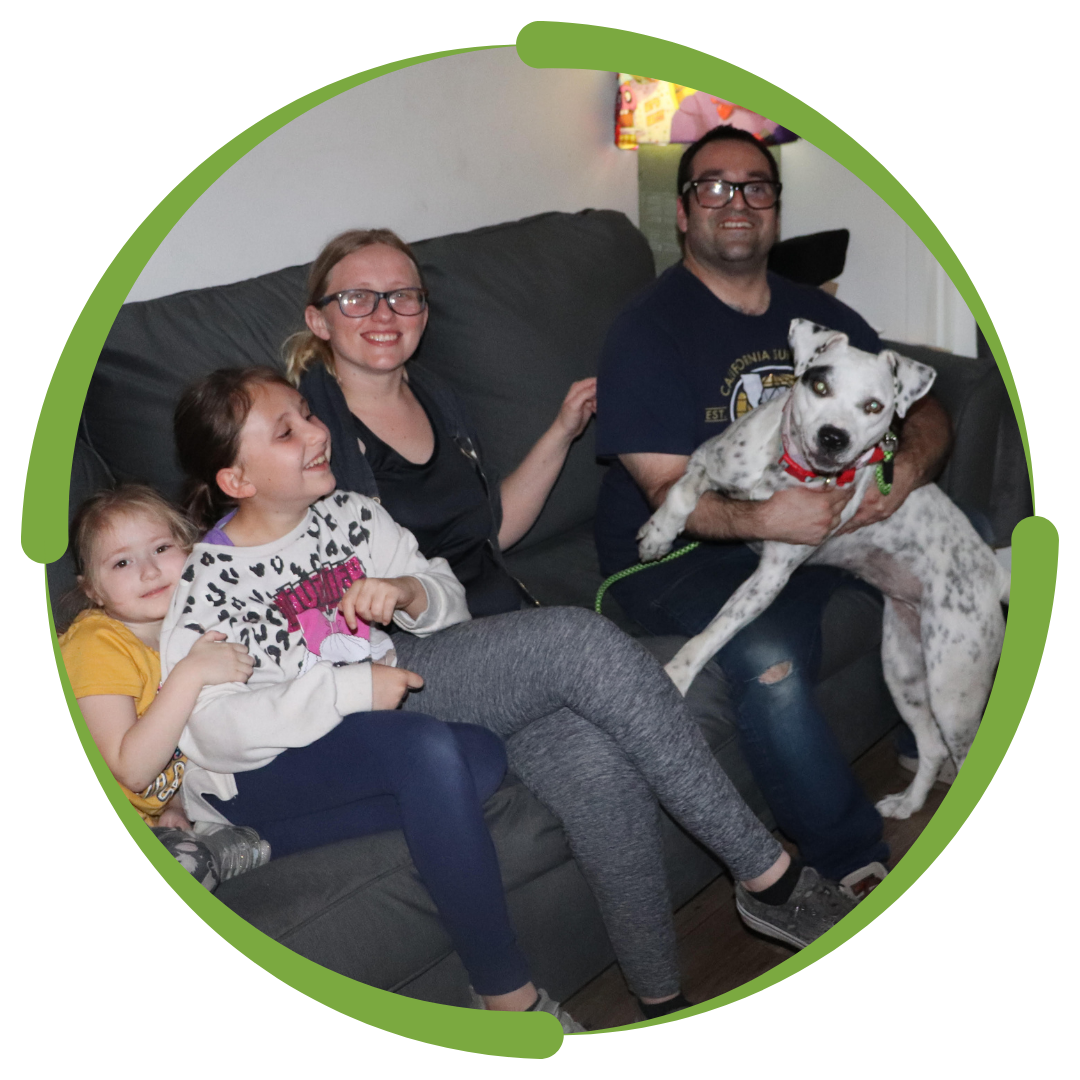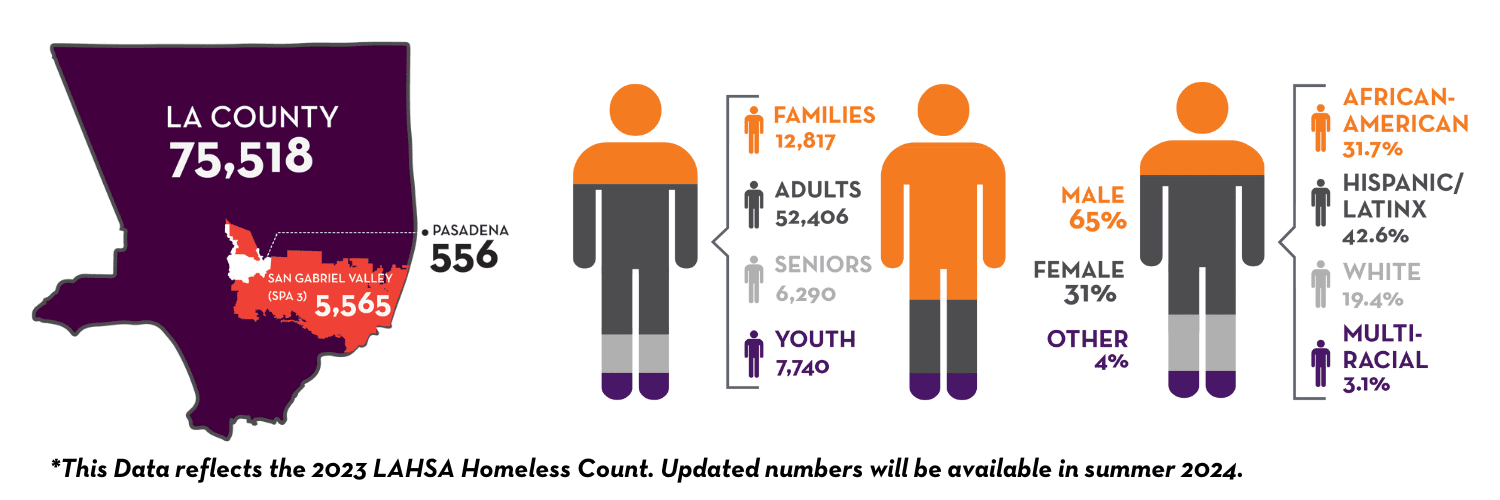Ending Homelessness
To create lasting solutions to end homelessness, Union Station Homeless Services focuses its work on evidence-based models and best practices to serve the most vulnerable people in our society who have nowhere else to turn.

Housing First
The Housing First approach offers, without preconditions, housing along with comprehensive support services. We connect people to community-based services, medical and mental healthcare services, education, and employment opportunities and benefits enrollment they need to stay housed.

Trauma-Informed Care
Poverty, hunger, domestic violence, and homelessness – these are traumatic experiences. This approach recognizes the role trauma plays in the lives of our clients and seeks to shift the perspective from, “What’s wrong with you,” to, “What happened to you?”

harm reduction
Our low-barrier programs meet people “where they are” to help them reduce negative consequences, such as substance use, with strategies ranging from safe, managed use to abstinence, while simultaneously addressing the broken systems that perpetuate and complicate these issues.
systemic causes of homelessness
In the not too distant past, organizations in our sector adhered to a “housing readiness” approach with compliance requirements that caused insurmountable barriers to services and forced people to fall through the cracks. People in crisis simply couldn’t comply with all the rules. These “chronically homeless” individuals were dismissed as “service resistant.”
At Union Station Homeless Services, we recognize that homelessness is not the result of broken people but rather of broken systems. The homeless crisis is a result of a long history of economic and housing policies that placed significant barriers in front of certain people due to their race, gender, sexuality, or mental and physical ability.
Lack of Affordable Housing
As the cost of housing increases in Los Angeles, more than a half million people in Los Angeles County lack access to housing they can afford, the nonprofit California Housing Partnership reports.
Poverty / Income Instability
Los Angeles County ranks seventh in income inequality out of the nation’s 150 largest metro regions, according to a study from PolicyLink and the USC Program for Environment and Regional Equity.
Systemic Obstacles
White households in Los Angeles have a median net worth of $355,000, while Mexican and African American households have a median wealth of $3,500 and $4,000, respectively, according to a report published by UCLA.
Racial Disparity
Recognizing that our systems have failed people, Changing the Narrative Series: Broken Systems, Not Broken People is a webinar conversation that delves into the systemic changes needed to end the homeless crisis.
Stagnant Wages & Rising Cost of Living
On average, a renter for a modest two-bedroom home, who is seeking to stay within the 30% income window, needs to earn $24.90 per hour (3.4 times the federal minimum wage). The National Low Income Housing Coalition found in its latest Out of Reach report.
threats to housing stability
In addition to systemic causes, there are life circumstances that make individuals more susceptible to the threat of becoming unhoused.
Physical and Mental Health
According to the 2020 Greater Los Angeles Homeless Count, of those experiencing homelessness, 17% are physically disabled, 24% have substance abuse disorders, and 22% suffer from serious mental illness.
Trauma
Homelessness is traumatic. People experiencing homelessness often live with a multitude of personal challenges, such as the sudden loss of a home or adjusting to conditions of shelter life.
Domestic Violence
Research shows that domestic violence is one of the main drivers into homelessness for the over 18,330 homeless women in Los Angeles County.
Addiction
Two-thirds of the homeless population in LA County are suffering from a mental health or substance use disorder. And nearly a third have a co-occurring mental health disorder that often pre-dates their entry into homelessness.

